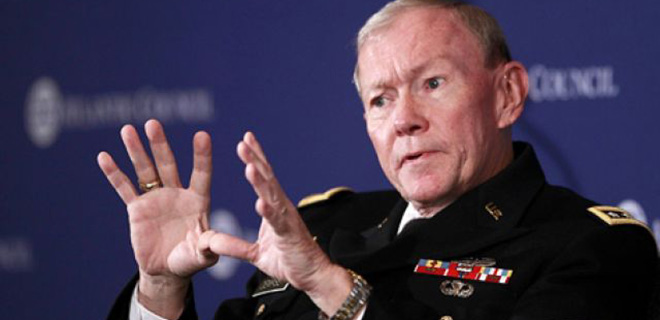BLUF (Bottom Line Up Front): the moral of this story (I know I’m supposed to save it for the end, but I hate suspense) is don’t be a blind consumer of the news. Listen and ask questions, even when distinguished individuals tell you something. Just because they have a title, awards, position etc. it doesn’t mean they have a lock on truth, common sense and aren’t misleading you.
Full disclosure. I’m biased. I think America should exhaust all reasonable options when responding to Americans under attack, even if it provides only a little more capability than what’s needed at the battle.
Gregory Kirk, U.S. Deputy Chief of Mission in Libya, testified before the House Oversight and Government Reform Committee that a four-man SF team was told to stand down and not go to Benghazi on a Libyan C130 early on the morning of 12 Sep ’12. The SF LTC supposedly was furious and told Hicks his team couldn’t go to Benghazi. Hicks testified “I will quote Lieutenant Colonel Gibson,” Hicks told the House Oversight Committee “He said, ‘This is the first time in my career that a diplomat has more balls than somebody in the military.’”
Sen. Graham asked for clarification over Gen. Dempsey’s testimony that no “Stand Down” was given. Pentagon spokesman Maj. Rob Firman said: “They weren’t told to stand down. They were simply told not to go to Benghazi. They were told to go to the airport in Tripoli to provide security there.” Ignoring the obvious parsing going on to make one believe a lie wasn’t told, in effect, the SF team was told to “defend Tripoli” before the Libyan C130 left for Benghazi. That’s so absurd you can’t make this stuff up.
Dempsey just doubled down, saying the planes with Benghazi survivors and casualties and the four-man SF team would have crossed each other in the air if the SF team had been sent, and the mission had changed to helping the casualties when they arrived in Tripoli. Problem is, the timeline, common sense and the CJCS conclusion don’t jive.
- The Libyan C-130 to Benghazi left around 6:00 local.
- The Libyan C-130 would have landed at Benghazi at 7:00 (one hour flight time).
- The convoy from the Benghazi Consulate/Annex didn’t leave the annex until 6:04. How did decision makers know if the mortar attack was over, or whether security was adequate to the Benghazi airport or at the Benghazi airport, to hold back the SF team when the movement hadn’t even started?
- The first plane with casualties and survivors (there were two planes because all couldn’t fit on one) left Benghazi at 7:40.
- The Libyan C-130 landed in Benghazi airport 40 min before the first survivors left Benghazi. They were not in the air at the same time.
(I’m hopeful that my consistent message of asking questions before blindly consuming what you’re told clicks in the back of your mind.)
Besides the medic, who was part of the SF team, what help were they supposed to provide? If there was a real concern for medical expertise at Tripoli, couldn’t they have left the medic there, and sent the rest of the team to Benghazi? What information led decision makers to believe Tripoli needed securing?
Consider this: The same DoD whose first response to Benghazi was that they ‘didn’t have enough info to send help’ (while flying a drone over the battle and having voice coms & e-mail with former SEALs on the ground), was able to get the intelligence necessary and decide in the 49 minutes between 5:15, when mortars killed Ty and Glenn, and 6:04, when the convoy left the consulate, that there was no longer a threat in Benghazi to warrant sending the four Special Forces soldiers. Then they got it wrong that both planes would be in the air.
Somebody convinced a four-star General that this makes sense, and that he should call it “the best wisdom of the DoD”?
The Emperor is naked…
(Featured Image Courtesy: Haaretz)
Already have an account? Sign In
Two ways to continue to read this article.
Subscribe
$1.99
every 4 weeks
- Unlimited access to all articles
- Support independent journalism
- Ad-free reading experience
Subscribe Now
Recurring Monthly. Cancel Anytime.











COMMENTS